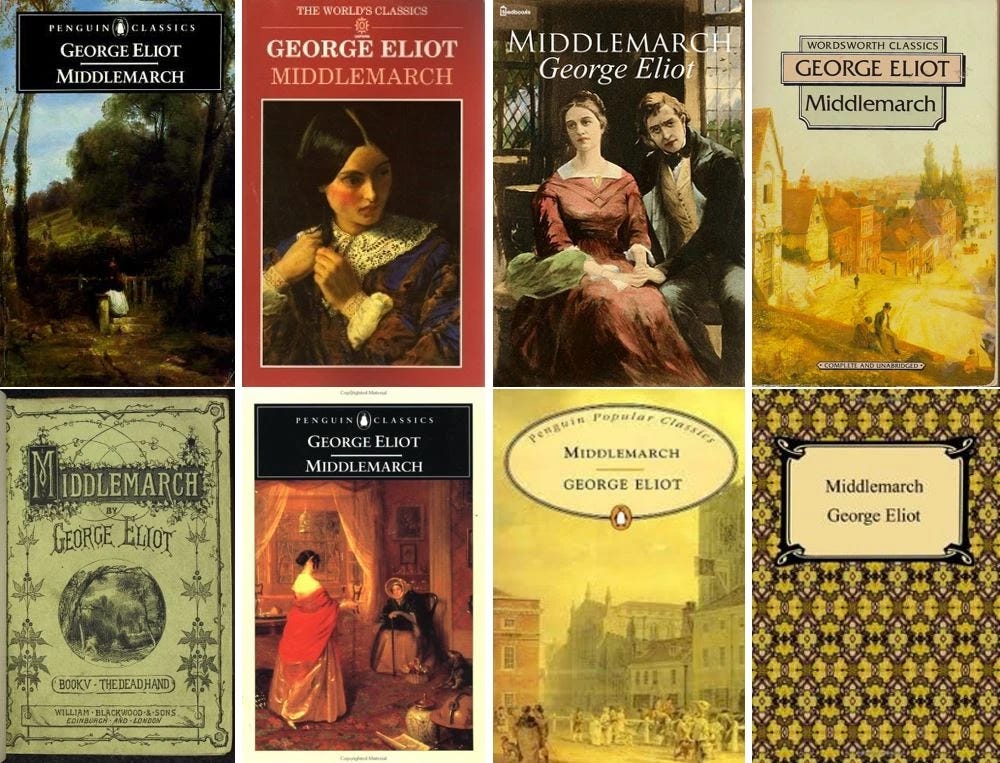What I mean when I say stories saved my life
I was born without any skin.
What I mean is: I was that kid who, if her socks got scrunched up inside her shoes, would throw herself at the ground to pound with her fists and scream until she threw up. The kid who couldn’t stand certain words, certain tones of voice, certain volumes and brightnesses, flavours and textures.
My poor parents. But I didn’t mean to be difficult. It was just that to toddler me, a bumpy sock felt intolerable.
My other most vivid childhood memory is of standing in the kitchen while my mum was cooking, after I’d learned the alphabet but before I could string the letters together to read words. I would read out all the letters on a spice jar, and she would tell me what it spelled. I remember, too, making teeny tiny books for my Sylvanian Families dolls to read. I couldn’t write yet; the words were just scribbles. But I knew those dolls needed books.
I know now that these things are related: the abject helplessness in the face of the tyranny of socks, and the desperation to read. Some part of me knew that stories were the cure for my skinlessness. That they offered a place to hide and feel better.
And that part was right. As soon as I was old enough, I would pitch myself, body and soul, into any story I could find. I got in terrible trouble on a family holiday in Venice when I was maybe 13, for walking round with my nose stuck in an Agatha Christie instead of looking at where the fuck I was.
Clearly, the reality I was trying to navigate was pretty cushy: Sylvanian Families and holidays in Venice. But for some reason I found the world unbearably intense anyway—and stories allowed me to escape it. I started reading myself to sleep when I was very young, at least partly to avoid being alone with my thoughts.
As I got older, I found other ways to escape being alone with my thoughts. Increasingly, I would drink myself to sleep—until that became a problem of its own, worse than the original skinlessness. And when I emerged from the alcoholism, there was my first love, stories, waiting for me. I devoured Middlemarch for the first time in the early months of my sobriety. It’s not an exaggeration to say that I owe George Eliot my life.
The trouble is, I was still escaping. And if the primary goal of your life is to escape your lived reality, you’re always going to land up in trouble. At some point, real life always catches up with you. And that’s where I found myself in 2020, when my marriage ended. The cataclysm of my divorce forced me to look hard at the ways I’d pushed people away my whole life; at my role in ruining my marriage and (so it seemed at the time) my life, through my terror of reality and the emotional fortitude it takes to simply hang in there with it.
And that was when my relationship to story changed again. I was still plunging myself headlong into narrative. God knows I needed it more than ever in those dark months. But now, I didn’t want to escape reality, to go to sleep: I wanted to wake up. I started reading the work of the mythologist who’s now one of my teachers, Martin Shaw, and found in myth and folk tales a depth of story that hit me as the strongest of medicines.
The stories I read then were mostly European folk tales—stories of the monsters we cast into the forest and the ways they always come back to us at some point; of how to be gentle with them when they do. Of the crones who stalk the wild woods beyond the pristine kingdom, and how without them and their wiles, the kingdom always crumbles. Of the fox skins we all shrugged off sometime in the past, and whose musk we still yearn for. It might seem like stories as strange as these would lead me even further from my lived reality, but the opposite was true. In the feral dreamtime of those wild tales, I found an older, truer, deeper reality than the flimsy one I saw around me. I found the bones of the way of life I’d always needed—the way of life I think we all need—without ever really knowing what I was missing. I found that all my dysfunctions and neuroses and craziness: they’re just coping mechanisms for living in a world we’re not meant to live in.
When I navigate by these oldest of stories, I can tolerate the aggravations of modern life. I can stay present in reality and do what I can to improve it, knowing that there’s something deeper beneath it. And in staying present, I can move towards the only thing I wanted all along, the only thing any of us want, and the one thing we can never have unless we live in reality: true connection.
Believe me, I’m vomiting in my own mouth over here. I know this is the most revoltingly Hallmark of conclusions to have dragged you to. But that’s the thing about stories. The truest, deepest human needs are invariably so simple as to feel almost insulting. It’s stories that make them meaningful; that bring them to life. A good story can draw blood and drag you to the molten core of the Earth in showing you your simple need for connection.
So that’s where I am now. Navigating by the deep stories and, this way, hanging in there with the ups and downs. Being present in my life. And, I hope, maybe sometimes, helping others to find the stories that will allow them to do the same.
I hope you’re all well. Thank you for reading. It means more than I can say.
Love,
xx Ellie



